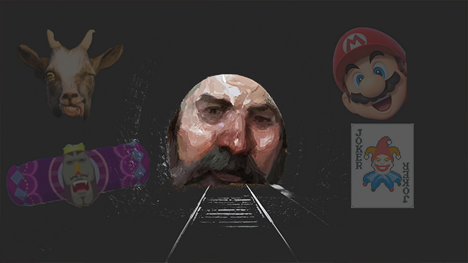Why Game Preservation Is Vital--And How Technology Helps
Any tool which makes the preservation of games simpler is a great thing—for everybody in the games industry.
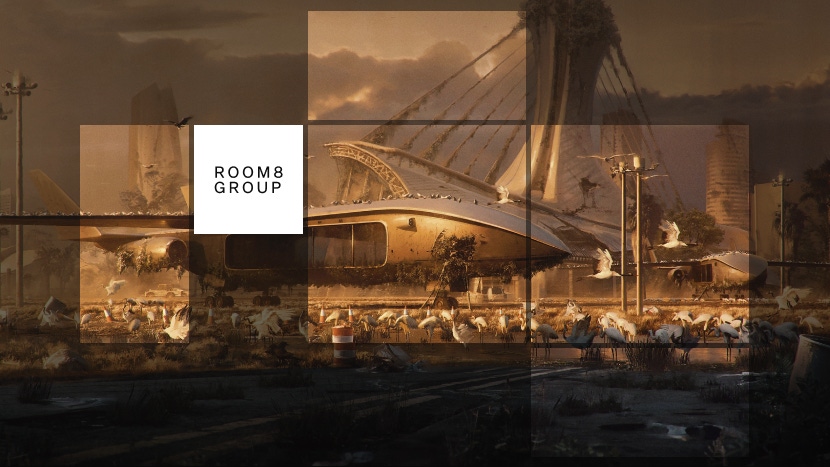
87% of games in the US are critically endangered. That’s according to a seminal study conducted in July, 2023, by the Video Game History Foundation. To put that number into perspective, 13% of games available is just slightly more than pre-World War II audio recordings (10%), and is less than the survival rate of American silent films (14%). Poor game accessibility is a major challenge to be overcome, and in this way, the industry is quite unique.
Much of the problem is technical. By and large, it is easier to watch a movie made in the ‘80s than it is to play games made for, say, the Commodore 64. Most films—as well as most music albums—are not platform-dependent. If you no longer have your old VHS, thousands upon thousands of old films can be watched digitally. Most of the time, you don’t need to watch a film on a decades-old device; you certainly wouldn’t need to remake it. Anyone can go ahead and listen to most label-released music from the ‘80s on Spotify or Apple Music, and if an album isn’t on streaming services, it can almost certainly be found somewhere on the internet.
If you want to play an old game, it must be played on its original hardware, ported to a new platform, emulated for a new platform, or remade from the ground up. Furthermore, publishers often have little incentive to make old titles accessible; the demand to play them isn’t always there. The unfortunate knock-on effect of this is that game history is poorly documented.
Any tool which makes the preservation of games simpler is a great thing—for everybody in the games industry.
REI: Simplifying the porting of games
At Dragons Lake, Room 8 Group’s game development team for PC and console, our R&D department developed a toolkit which, by speeding up the porting process, can help preserve old classics.
We call it REI (pronounced ‘Ray’), which stands for Render Engine Infrastructure. It is a set of tools which simplifies the process of porting games built on custom or proprietary engines over to platforms for which they lack native support. For the technically inclined: REI is a unified graphics API, with target backends for PC (DX12), PS4, PS5, Xbox One and Series (DX12), and Nintendo Switch (Vulkan). It is a single unified rendering subsystem that can be used easily across multiple platforms.
For example, a game built on a studio’s own in-house engine that was released for early-generation PlayStation and Xbox consoles could use REI when remastering for newer hardware. To reinvigorate decades-old games, publishers could use REI during porting to smoothen the process of graphics implementation.
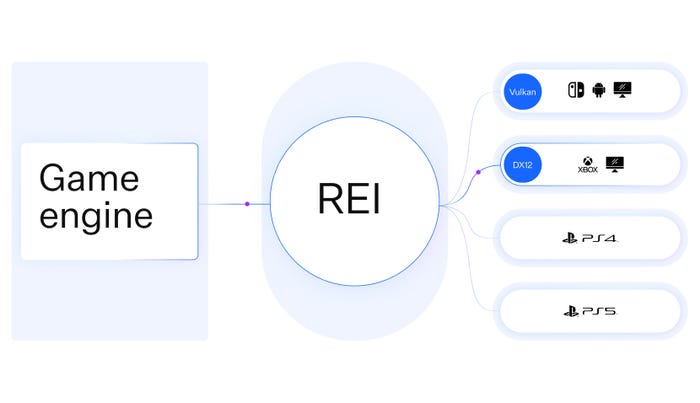
To be clear, REI cannot port games by itself. It is a library of tools used for one part of the process: graphics. But it is already being put to use on big projects, including some old favorites, and in conjunction with other development tools from our R&D department, it can be an excellent resource for developers big and small.
REI makes the porting process simpler across the board: it isn’t just useful for years-old titles. Any game built using a custom engine that wants to reach a wider audience would benefit from using REI. It makes life easier for developers: when we tested REI internally, we saved an average of more than 20% of resources (time and cost) on related tasks.
Despite the ease of use, accessibility, and intuitiveness of engines like Unity and Unreal Engine 5, many developers still make games using their own custom engines. The aforementioned EA and Ubisoft have their own, as does Capcom with its RE Engine. Some smaller studios, like Rebellion and Evening Star, still use custom engines. Many of the most unique, influential games in history have been made using custom engines—think Thief: The Dark Project or Command & Conquer. Many studios will continue to use their own so that they have more control over the games they make. For such titles, REI could be an invaluable set of tools.
The parts of REI which support Windows, Steam Deck, and Android have been released as open source, which will be of particular use for emerging development studios with limited resources. At Room 8 Group, we’re committed to sharing our expertise and insights with the industry, and this is proof.
Why better technical tools are needed
“[Imagine] if movies were only released on, like, VHS, ever. You want to watch Back to the Future? All right, you have to go on eBay, and you have to find an antique VHS copy that’s degraded a bit from use. You have to find a VCR that works, a TV that it plugs into—or the external scalers that make it look correct on your modern TV—and you might need a time-base corrector because the magnetic flux signal is out of sync.”
That’s Frank Cifaldi, the founder of the Video Game History Foundation, on the Vergecast podcast last year, comparing the current state of old games to that of old movies. Recently we have seen what happens when digital game stores are shut down: people’s ability to access said games, if they don’t already own a physical copy or resort to piracy, is severely reduced. We think this is a great shame.
If old games are made more accessible, our history will be more clearly documented, and as a result, we will have a better understanding of our art’s past. Authors, scriptwriters, and TV producers will be able to tell our stories because they will have access to a greater pool of information. The easier it becomes to provide access to old titles, the easier it makes the decision, and the less it will cost, for publishers to reintroduce old games to the market. It is not clear to me who loses if games are made more accessible. That is perhaps the most impactful potential use-case of REI and resources like it.
In the past, ports have been seen as a quick buck for publishers. They have not been given the attention they deserve, which has led to some disastrous remasters and remakes. Our R&D department’s main goal is to make tools that are so useful they greatly minimize the chance of error. We hope that REI, as well as other projects we are working on, will achieve this in porting.
The industry is becoming increasingly platform-agnostic. Cross-platform play is more common than ever, and this trend shows no signs of slowing. Roughly one-third of gamers play on PC, while another third play on console—that is hundreds of millions of players who are now more able to play together that couldn’t before. Tools like REI which can help bridge games across platforms are essential for ensuring games reach as wide an audience as possible.
The preservation of game history is a key challenge we should all come together to overcome. At Room 8 Group, we’re committed to solving that challenge, and we’re on the ground working hard to make a difference.
To learn more about this topic, join us at Game Developers Conference 2024. Alex Vasiliev, Head of Engineering at Dragons Lake by Room 8 Group, will speak on the Partner Stage on Thursday, March 21, at 3pm (PST). Alex’s presentation, titled ‘Future-Proofing Classics: Adapting Timeless Titles for Today’s Technology’, will contain valuable insights into the importance of game preservation.
Read more about:
Sponsor Resource CenterAbout the Author(s)
You May Also Like

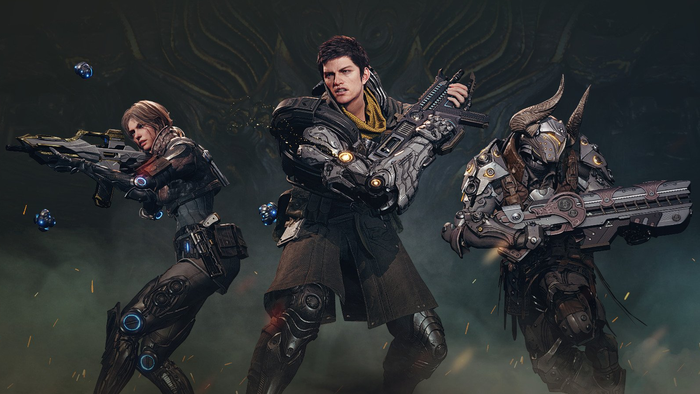
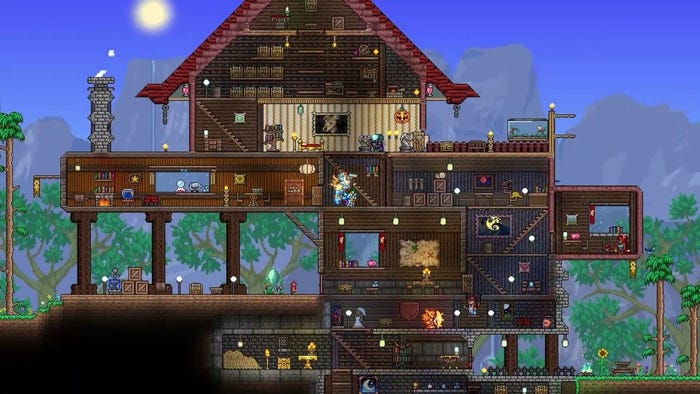
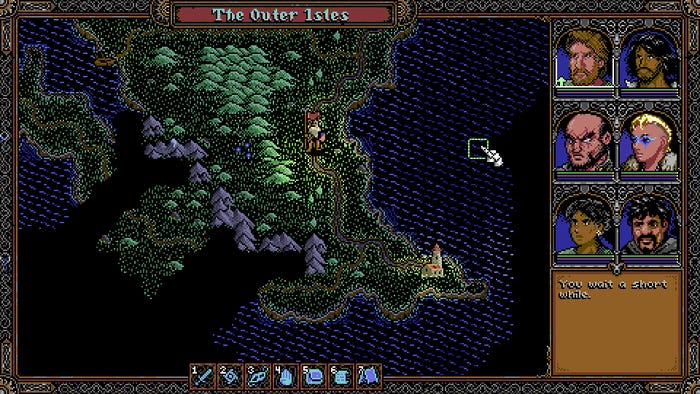
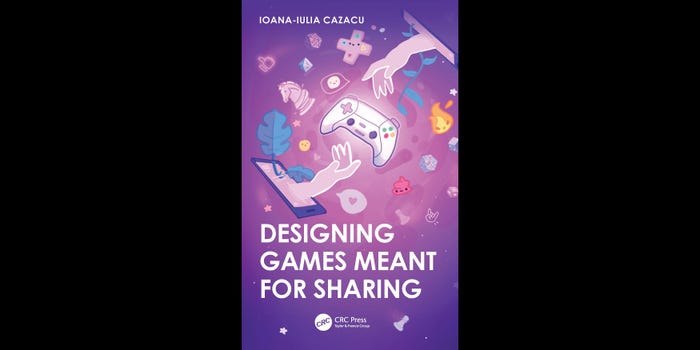

.jpeg?width=700&auto=webp&quality=80&disable=upscale)


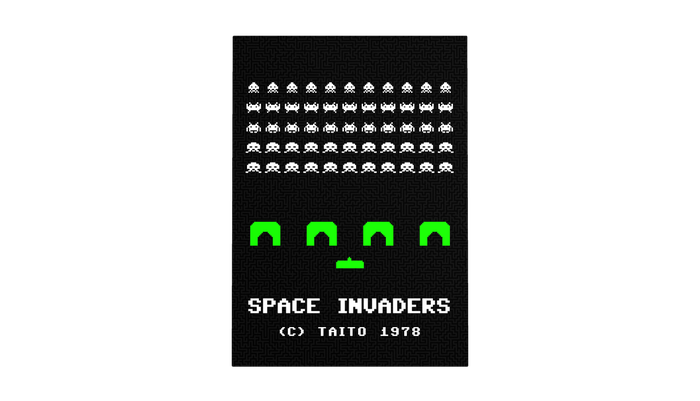
.jpg?width=700&auto=webp&quality=80&disable=upscale)
